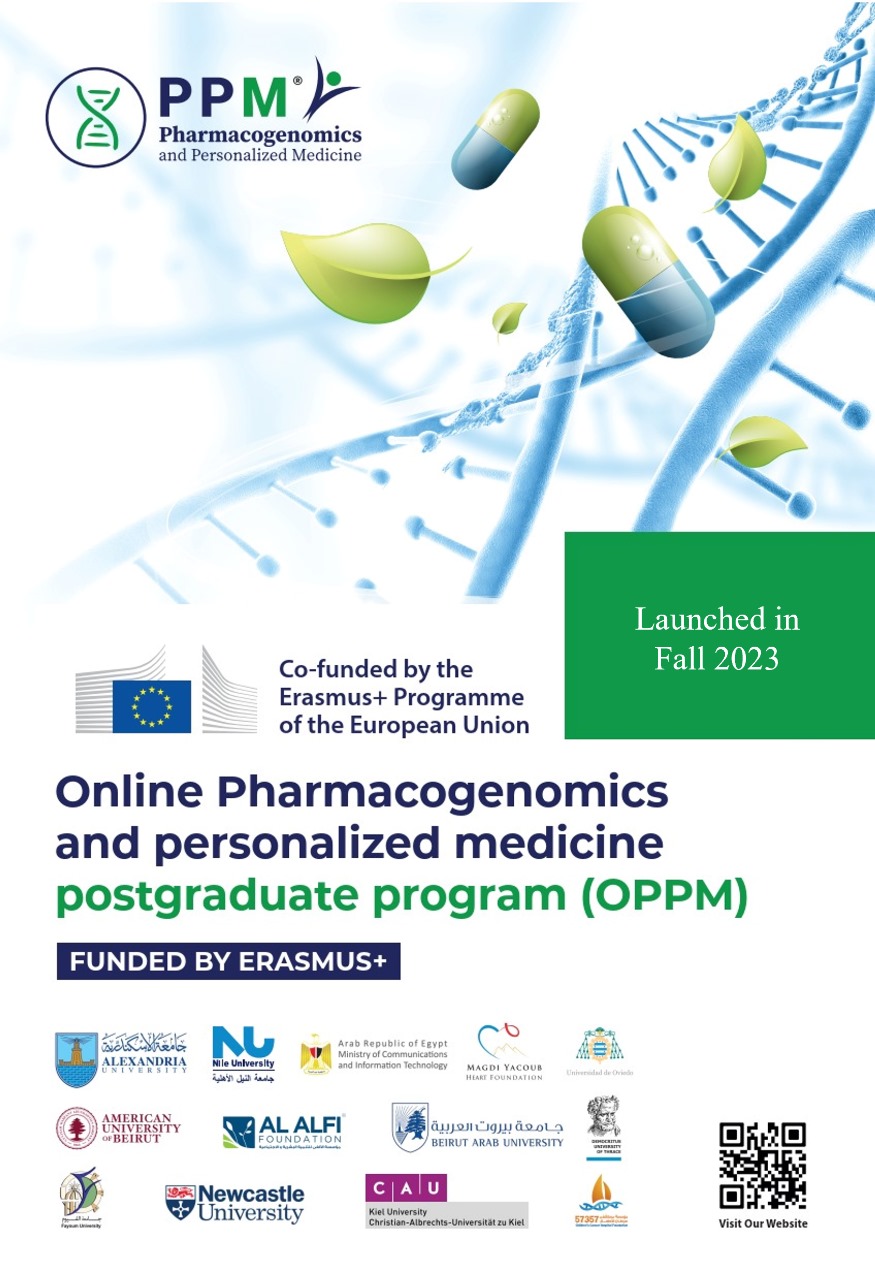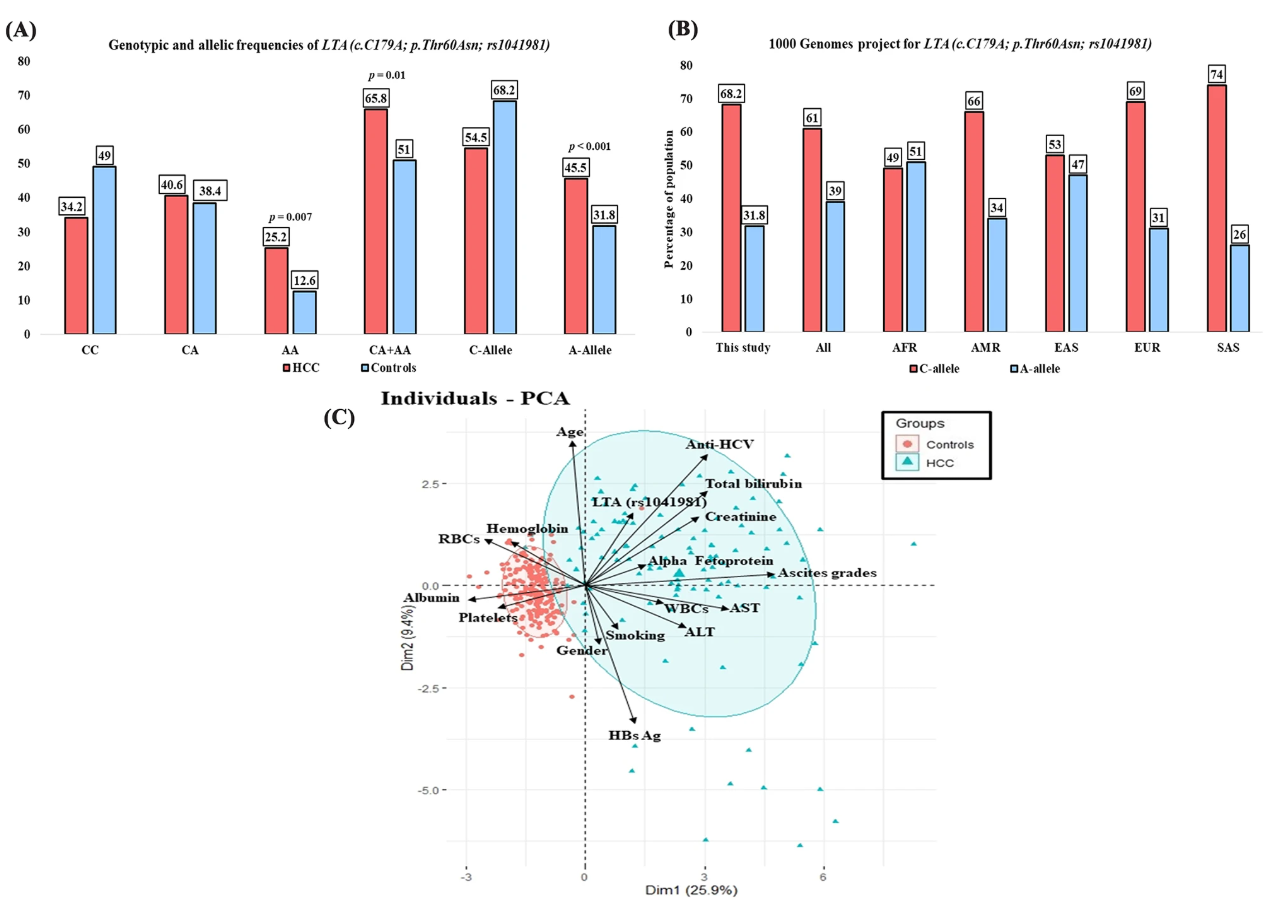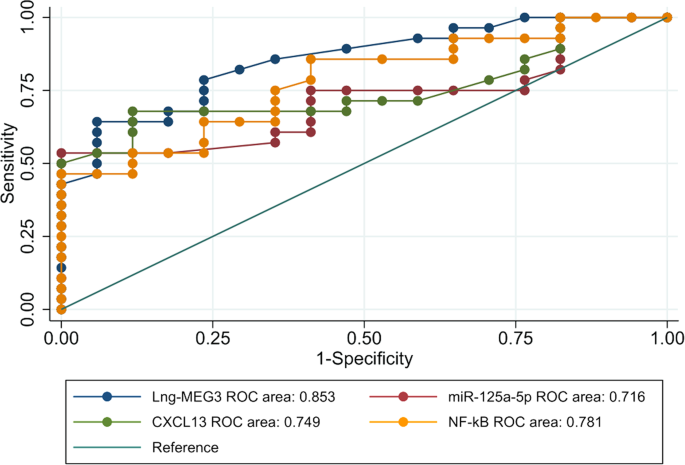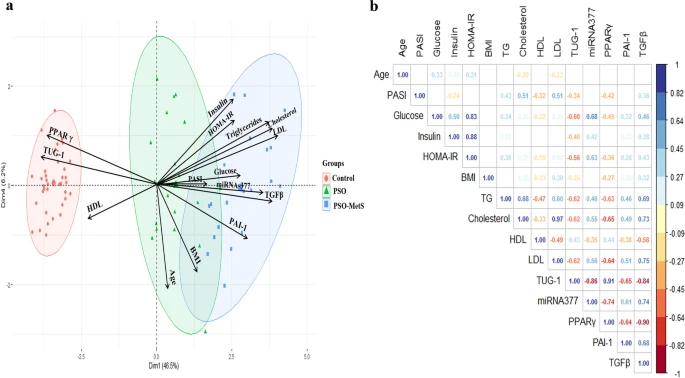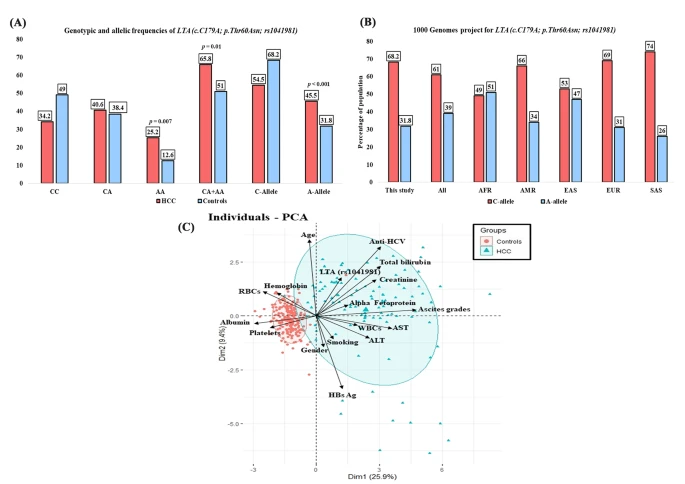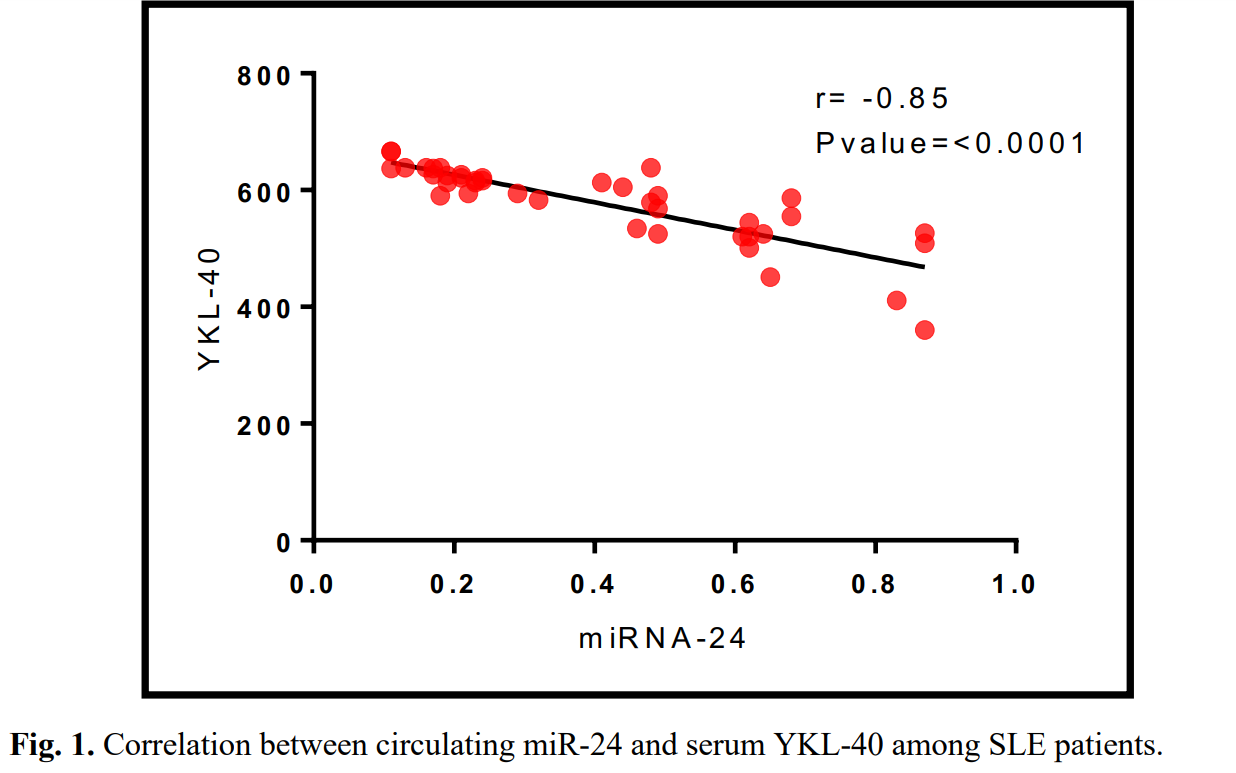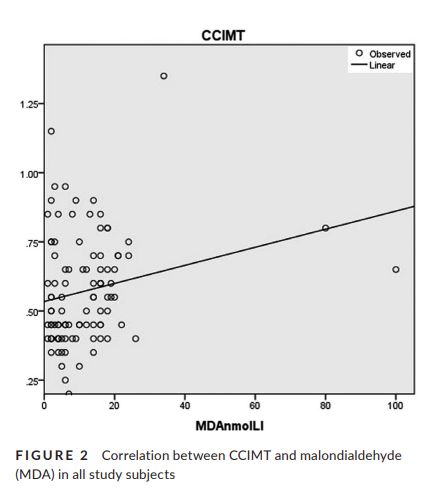Faculty Office Ext.
3052
Faculty Building
UB1
Office Number
362
Dr. Maha M Salah Eldin, received her bachelor degree of Medicine and Surgery (with honors), Faculty of Medicine, Cairo University, Egypt, in 2007. Then, she received the master's and doctoral degrees in Medical Biochemistry and Molecular Biology, Faculty of Medicine, Cairo University, Egypt in 2014 and 2017 respectively. She is currently assistant professor in the Biotechnology School, Nile University, Giza, Egypt. Since 2012, she has been teaching Medical Biochemistry and Molecular Biology Course which includes Macromolecules Chemistry and Metabolism, Vitamins Metabolism, Metabolic Integrations in the Human Body, Molecular Biology and Cancer Biology at Medical Biochemistry and Molecular Biology Department, Faculty of Medicine, Cairo University, Egypt. Dr. Maha M Salah Eldin served as an Organizing Committee member for the 4th (BioChemCairo 2018) and 5th (BioChemCairo 2020) annual conferences of Medical Biochemistry and Molecular Biology department, Faculty of Medicine, Cairo University, Cairo, Egypt. Since 2017, she has been a mentor for medical students enrolled in the Integrated Program of Kasr Alainy (IPKA), Faculty of Medicine, Cairo University, which aims at providing high-quality education with full academic supervision of the students and continuous evaluation of their performance. Her research interest is in cancer and possible ways for early diagnosis and effective treatment.
- Cancer Biology.
- Dermatology Disorders.
- Autoimmune diseases.
- Stem cells.
